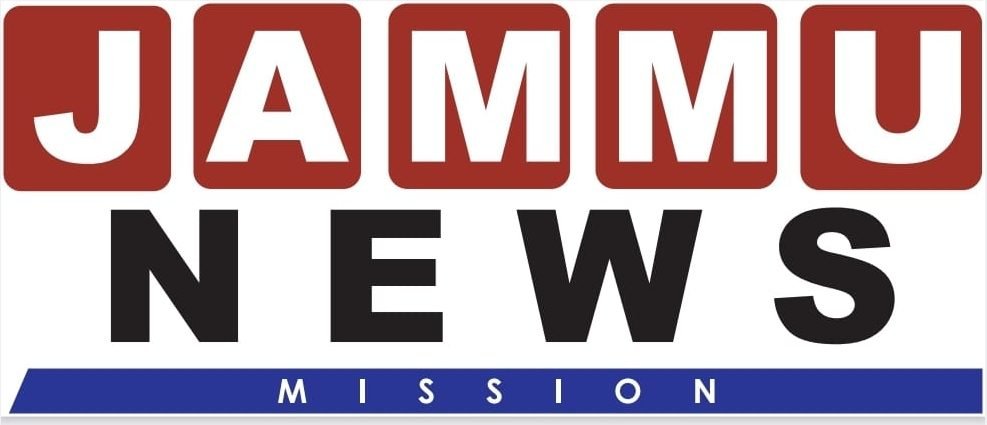India is reportedly moving to secure rare-earth mineral samples from northeastern Myanmar with the help of the Kachin Independence Army (KIA), a powerful rebel group controlling key mining areas. This effort is part of the Government’s strategy to diversify supplies of strategic minerals that are currently dominated by China, according to a Reuters report citing sources familiar with the matter.
The Ministry of Mines in India has instructed both state-owned and private companies to explore and transport mineral samples from mines under KIA control in Myanmar, as per the report. Among those involved are IREL, a government-owned mining firm, and Midwest Advanced Materials, a private company funded by the government last year to commercially produce rare-earth magnets. The samples collected are intended for testing in Indian labs to verify their suitability for manufacturing magnets crucial to electric vehicles and advanced tech, the Reuters report claims.
This collaboration marks a rare instance of the Indian government engaging with a non-state actor, according to the report, citing insiders who attended a virtual meeting in July with representatives from the involved companies.
The KIA has reportedly begun collecting samples and is considering bulk exports to India, though logistical challenges remain, added the report.
China’s Grip on Rare Earths Spurs India’s Move
China’s near-monopoly on rare earth processing technologies and its recent export restrictions have pushed India to seek alternative sources. Despite China’s established ties with the KIA, which supplies heavy rare earths to Beijing, India aims to break dependence by forging its own access to these minerals.
Prime Minister Narendra Modi acknowledged discussions about rare-earth mining with Myanmar’s military leader, Min Aung Hlaing, though no formal agreements have been disclosed. India also faces hurdles in processing rare earths at scale and is exploring partnerships with Japanese and Korean firms to develop commercial production capacities, the report noted.
Challenges And Geopolitical Stakes
The KIA, established in 1961 to advocate for Myanmar’s Kachin community, controls mining regions vital to the global supply of heavy rare earths like dysprosium and terbium. Since the 2021 military coup in Myanmar, the KIA has clashed with junta forces, complicating regional stability. While China backs the junta as a stabilising force, the KIA is deepening ties with India as a counterbalance, the report states.
India is interested in a long-term supply deal but faces the difficult task of transporting minerals through rugged terrain. Although IREL is involved, a private company may be needed to handle logistics, states the report. Experts caution that even if India secures the minerals, scaling up processing without Chinese technology will require significant time and investment.




